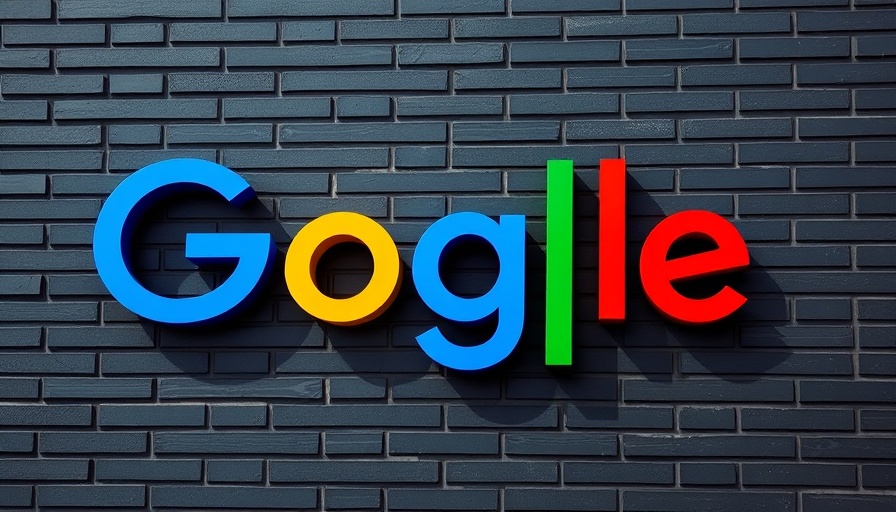
Google's Gemini AI Model: Unpacking the Controversy
Recent developments surrounding Google's Gemini AI model have ignited a heated debate in the tech community. Users quickly found a controversial application for its Gemini 2.0 Flash variant: the removal of watermarks from images, including content from major sources like Getty Images. This revelation raises significant legal and ethical questions about copyright protection in the age of rapidly evolving artificial intelligence.
How Easy Is It to Remove Watermarks?
Reports from various social media platforms like X and Reddit indicate that the Gemini 2.0 Flash is exceptionally proficient in not just removing watermarks but also in filling in the gaps left behind—techniques previously limited to more complex, paid services. Users rave about the model’s capabilities, demonstrating that it can swiftly erase both simple and intricate watermark designs with impressive accuracy. This has led to a surge of excitement among amateur photo editors and a growing concern among copyright holders.
Legal Implications: A Minefield for Users
As appealing as it may be for individuals seeking to utilize images free from watermark distractions, it’s critical to understand the legal ramifications of such actions. Under U.S. copyright law, removing watermarks without the explicit permission of the copyright holder is considered illegal. This poses a potential legal minefield both for users who opt to utilize Gemini's features and for Google as a company.
Notably, while some users have successfully removed watermarks, it’s important to stress the ethical implications. Other AI platforms, such as OpenAI’s models, forbid actionably editing or removing watermarks purely on ethical grounds. Google’s situation appears more ambiguous since their model enforces minimal restrictions.
The Ethical Dilemma: Google’s Double Standards?
The irony of this controversy lies in Google’s commitment to promoting copyright protection through its SynthID technology, designed to watermark AI-generated images for authenticity. However, the contradictory functionalities of Gemini enable the unlicensed use of copyrighted content. The inconsistency raises questions about Google’s adherence to its own ethical standards—an issue complicated by the competitive landscape dominating the AI industry.
The Bigger Picture: A Battle Over Copyright
As the digital landscape transforms, so does the clash between technologists and content creators. The Coalition for Content Provenance and Authenticity (C2PA)—a group that Google is part of—has established guidelines aimed at protecting copyright. Yet, with tools like Gemini 2.0 Flash suddenly making the removal of protective marks so accessible, the integrity of these guidelines is called into serious question.
Future Implications and Potential Resolutions
The ongoing dispute raises pressing questions: Will Google take measures to restrict the misuse of Gemini's features, or will they remain silent while copyright holders increasingly advocate for legal protections? As discussions unfold, we may witness a ripple effect across other technologies. Content creators’ response to the model could determine the trajectory for legal protections in the AI domain.
Conclusion: Addressing the Elephant in the Room
The widespread availability of tools that straightforwardly strip out watermarks poses both a risk and a challenge in today’s digital environment. As users navigate between utilizing technology and respecting copyright laws, open discussions and strong policies from both tech developers and legal institutions are imperative to safeguard the industry. For anyone interested in technology news or the latest developments surrounding copyright challenges, this situation warrants close attention.
As the conversation surrounding Gemini 2.0 Flash evolves, consider how you might best support copyright holders in your use of AI tools. Abiding by legal principles isn't just about avoiding fines; it's about respecting the creative efforts of those who contribute significantly to the digital landscape we all enjoy.
 Add Row
Add Row  Add
Add 



Write A Comment